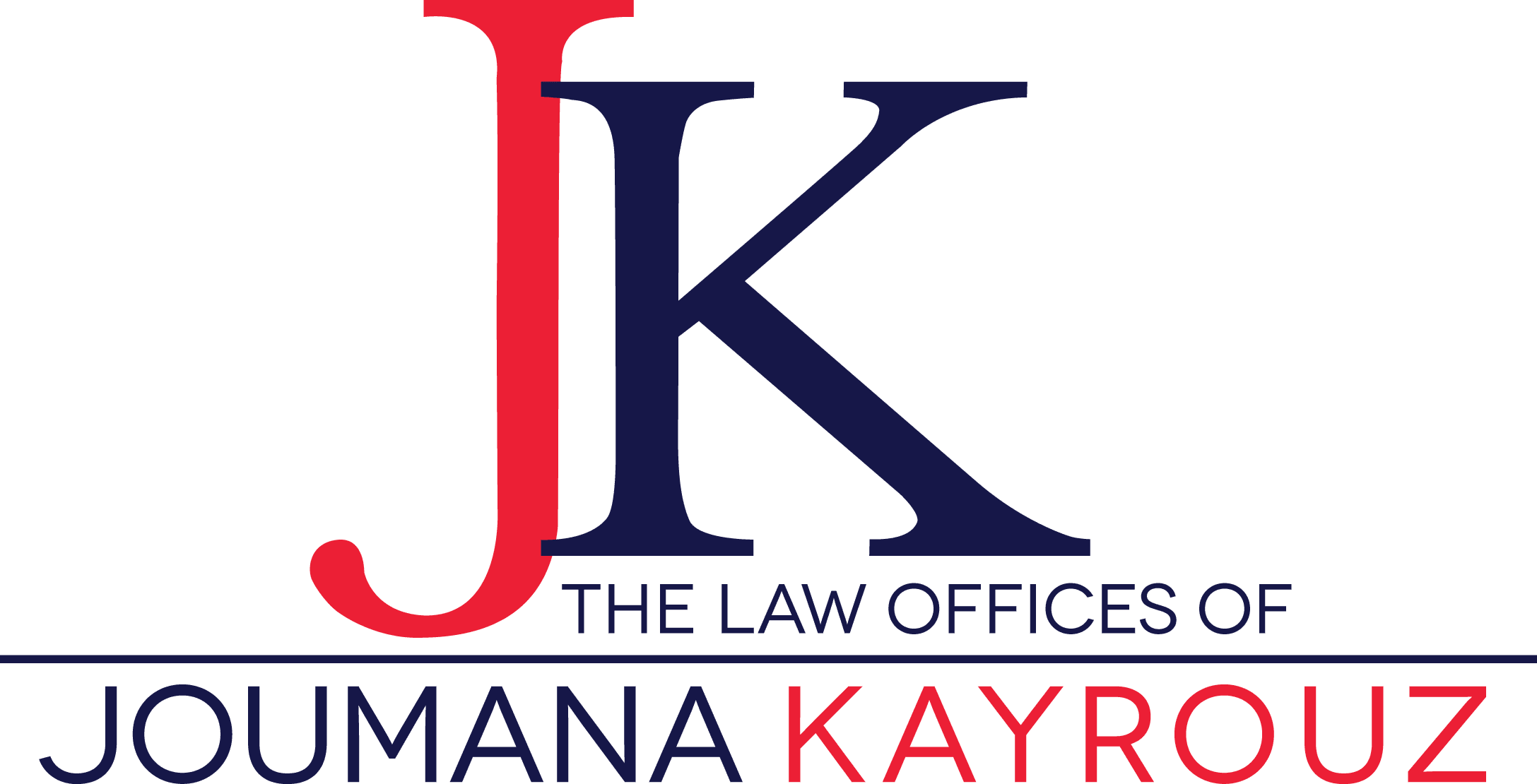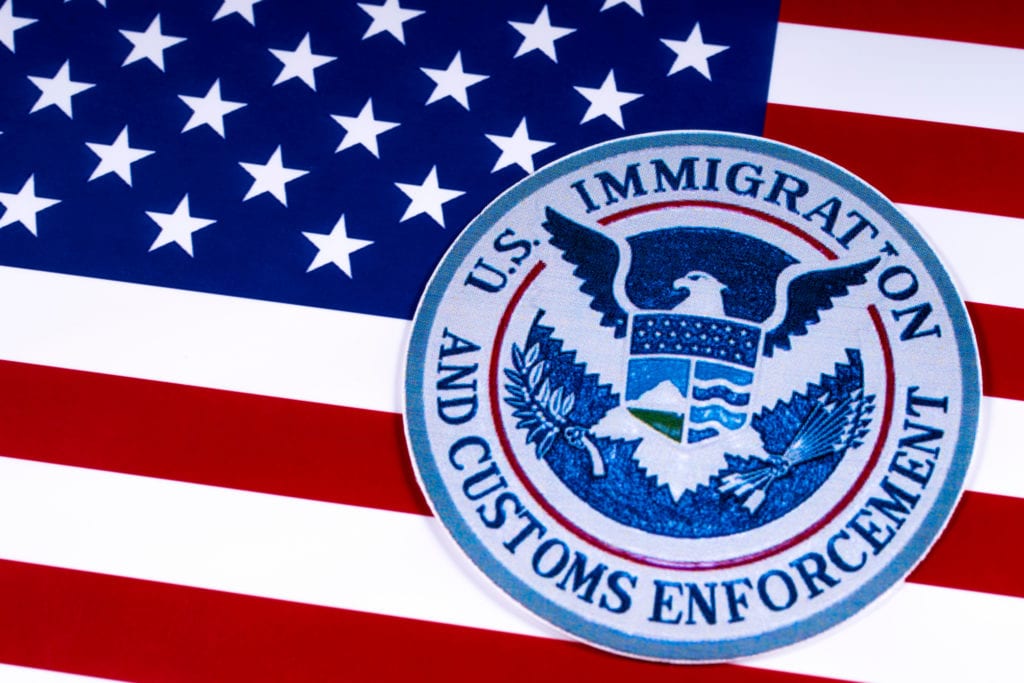SUPREME COURT UPHOLDS TRAVEL BAN 3.0


The U.S. Supreme Court in a 5 to 4 decision has decided that President Donald Trump’s Travel ban can stand. 7 countries will be effected by the travel ban and those countries being:
Iran
Libya
North Korea
Somalia
Syria
Venezuela
Yemen
The main questions that were presented to the Court were:
1. Did the president exceed his authority?
a. The government argued that on the basis of both the Constitution and immigration laws, the President is granted very broad authority to determine what is in the best interests of the country when it comes to determining who may “enter” the United States. The President decided what countries to include in the ban based on a “worldwide review” conducted by various government agencies to determine which countries provided adequate information to allow U.S. officials to make informed decisions about the admissibility of their citizens to the United States. The government argued that because the countries included in the ban did not provide adequate information, it was in the best interest of the United States to exclude them. The respondents argued that, in taking this action, the President was exceeding his authority because the ban was not temporary in nature, and it was inconsistent with the other parts of the INA and, thus, inconsistent with Congressional intent. Moreover, they argued, the President’s undisputed authority with respect to immigration does not authorize him to undermine the whole statutory scheme of the INA.
b. The Supreme Court held that the Proclamation was a matter “within the core of executive responsibility” and that, given the Administration’s worldwide review process and the exemptions and waivers set forth in the Proclamation, it could “reasonably be understood to result from a justification independent of unconstitutional grounds.” Justices Breyer and Kagan disagreed. The fact that the Administration is hardly applying the Proclamation’s exemption and waiver system, they argued, supports “the claim that the Proclamation is a ‘Muslim ban,’ rather than a ‘security-based’ ban ….” In other words, the dissenters argued that the Administration’s justification was not reasonable enough.
2. Does the Travel Ban violate the Establishment Clause of the 1st Amendment of the U.S. Constitution?
a. The Establishment Clause prohibits the government from favoring or choosing one religion over another. The respondents argued that President Trump’s own statements indicated that the Proclamation, like its predecessors, was a discriminatory “Muslim ban” and that other reasons offered for the ban were mere pretexts. The government argued that because the ban rests on a reasonable determination made after a worldwide review, the Court cannot “look behind the President’s factual determination in search of pretext ….” The government pointed out that although many of the countries that are subject to the ban were Muslim-majority countries, the “vast majority” of Muslim-majority countries were not subject to the ban, indicating that the analysis really was based on those countries that did not provide adequate information to the United States or otherwise presented risk ― thus satisfying the “facially legitimate and bona fide reason” test that applies in this area of the law.
b. The Supreme Court declined to rest solely on the “facially legitimate and bona fide reason” test. It analyzed the Proclamation by applying rational basis review. The Court held that there was no need to look beyond the Proclamation’s facial neutrality. In dissent, Justices Sotomayor and Ginsburg emphasized that the United States was “built upon the promise of religious liberty” and that the Court’s decision “fails to safeguard that fundamental principle.”
If you need any type of Immigration services, do not hesitate to contact me, Hamzey Sobh, at 248-557-3645
306




